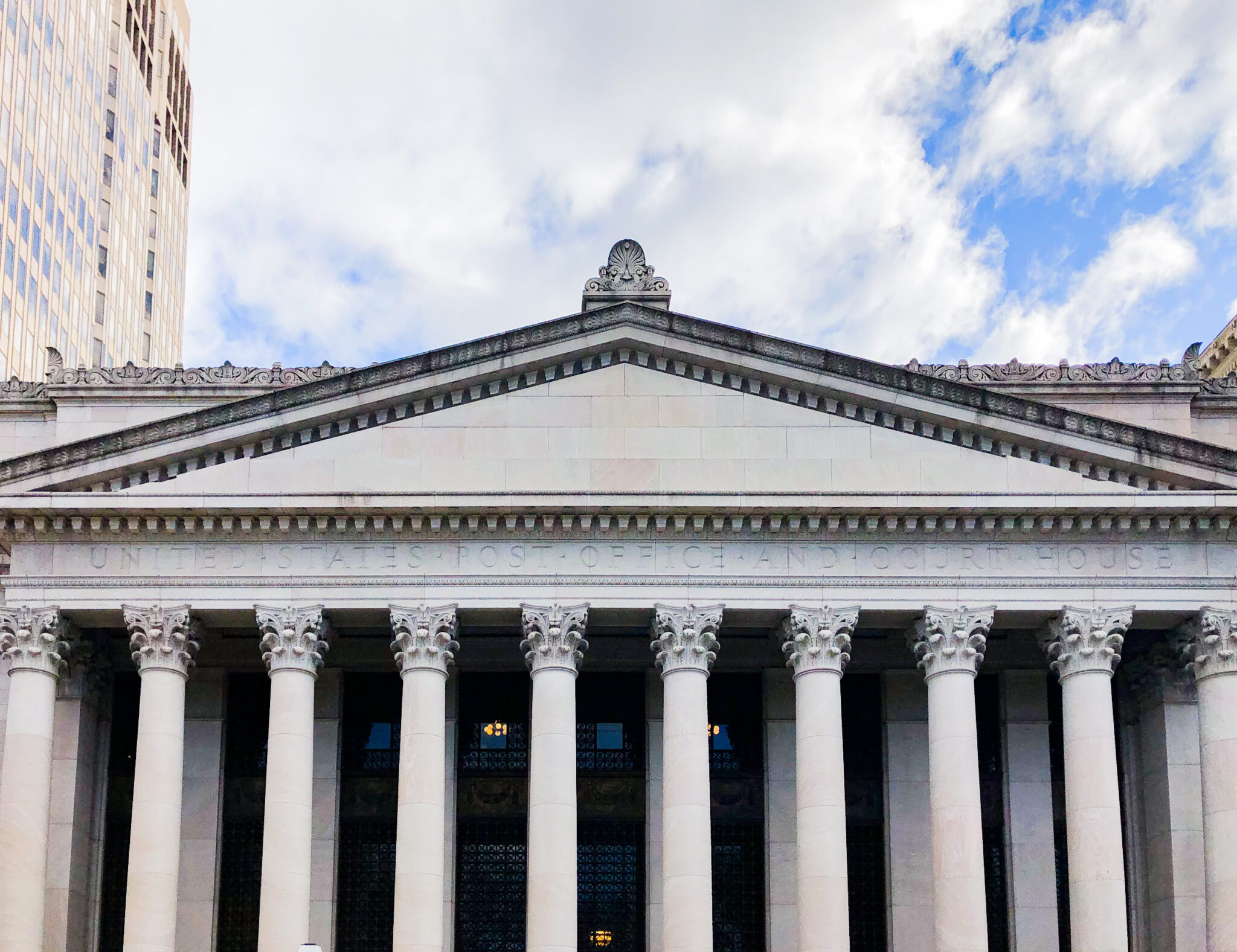Oral arguments held for mayoral ballot lawsuit
Attorney for defendant calls the lawsuit a “fishing expedition” as the plaintiff rejects divisive Purcell principle.

Jessie Cheung, senior photographer
Attorneys convened before Superior Court Judge Paul R. Doyle on Sunday morning for oral arguments in mayoral candidate Shafiq Abdussabur’s primary election lawsuit against Democratic Registrar of Voters Shannel Evans, which aims to reverse the registrar’s decision to exclude him from the ballot.
This session followed the defense’s motion to dismiss Abdussabur’s case at its initial Aug. 23 hearing. The hour-long oral arguments on Monday revolved around the validity of the controversial Purcell principle, a doctrine that courts should not interfere in ongoing elections.
“There’s no need to invoke a shadow doctrine that is heavily attacked by scholars all over the United States,” Abdussabur’s attorney Patricia Kane said in her argument against the Purcell principle. “Connecticut does give relief to people who are aggrieved, such as people trying to get on a primary ballot who feel valid. Signatures were rejected wrongfully, and they seek their day in court to put them to their proof.”
Abdussabur, a retired police sergeant, lost his bid to appear on the Sept. 12 primary ballot after Evans and Town Clerk for New Haven Michael Smart claimed that he failed to gather 1,623 valid signatures to qualify.
The initial court hearing for Abdussabur’s motion to overturn Evans’ decision was scheduled for last Wednesday, but it was deferred due to the defendant’s motion to dismiss based on the Purcell principle. The defendant’s attorney, Proloy Das, argued that the court could not add Abdussabur’s name to the ballot because the Democratic primary election had already started on Aug. 22, when absentee ballots first became available.
“To change the ballots now would result in voter disenfranchisement,” Das said on Monday. “Again, military ballots are out, absentee voting has started and the candidates are campaigning to the voters based on the understanding of who is established on the primary ballot.”
Superior Court Judge Paul Doyle has yet to issue a verdict.
After a late start due to technical difficulties, the beginning of the hearing stalled longer after Kane and Das squabbled over whether the online meeting could be rescheduled to an in-person oral argument. Doyle ruled to proceed with the online hearing, citing the timeliness of the case, which had suffered multiple delays.
In the presentation for dismissal, Das claimed that the election began by law when military and absentee ballots were distributed to the registered Democratic voters.
“In this particular case, we’re in the middle of the election,” Das said. “Overseas ballots had to be available last Tuesday, and this election is ongoing because no one can be denied the right to vote today if they went in and wanted to cast that vote.”
When Doyle noted that there is no direct precedent for the Purcell doctrine in Connecticut, Das cited the 2018 Independent Party of CT v. Merrill case and the 2010 Dean v. Jepsen case in support of the principle.
Further, Das called the plaintiff’s claim a “fishing expedition,” pointing out the lack of evidence that Evans made a mistake or that Abdussabur succeeded in attaining 1,623 valid signatures. Evan revealed reasons for rejecting the Abdussabur, including the signatures not being from registered Democrats or New Haven voters, or signatures with illegible or missing information. Even if a mistake occurred, Das argued, the plaintiff should submit a complaint with the Connecticut State Elections Enforcement Commission instead of pursuing a lawsuit.
“The State Elections Enforcement Commission … does an investigation … takes the time to be able to make the factual findings necessary, research what occurred and if there are any errors, take appropriate remedial action, which may include trading instruction and the like,” Das explained.
Finally, Das cited Connecticut election laws 9-329A and B, which allegedly authorize the court to issue an order removing a candidate from the ballot, but not to add a candidate to the ballot once an election has started.
Neither of the Democratic candidates for Mayor, incumbent Justin Elicker and Liam Brennan, have declared any intention to intervene in the lawsuit.
On Aug. 25, Kane submitted a corrected objection to defendant’s motion to dismiss that stated the application of the Purcell principle would be “an unjustified interference with Connecticut law as it relates to municipal elections,” “inappropriate in the case of a municipal election and petition challenge” and “would effectively eliminate the remedies available to aggrieved parties pursuant to CGS 9-329a.”
Citing a Yale Law Journal article, as well as two cases — the 2020 Fay v. Merrell case and 2010 Dean v. Jepsen case – where she claimed the Purcell principle was ineffective, Kane described the principle as a “pernicious doctrine” that “has primarily been applied to voter suppression cases in the South and the West.” She persisted that the signatures the Abdussabur campaign had submitted were rejected wrongfully.
David Herman writes in the Law Journal article that the Purcell principle makes it hard to stop vote denial. He added that “it also creates harmful incentives for states to delay and obstruct litigation in hopes that if courts ultimately rule against them, it will be too late for advocates to secure a remedy.”
“Connecticut is not known for voter suppression,” Kane argued, “and that’s the primary use of the so-called Purcell doctrine.”
Kane also disputed that the election had started, claiming that there is no evidence that anyone has voted. To this, Das seemed unable to name individuals who have voted, but insisted that voting was well underway.
“Individual voters right now are making decisions on who they’re gonna vote for in the Democratic primary based on a ballot that has been issued and set up by the town clerk,” Das responded.
The Purcell principle was formed in response in the SCOTUS case Purcell v. Gonzalez during the 2006 midterm elections.







